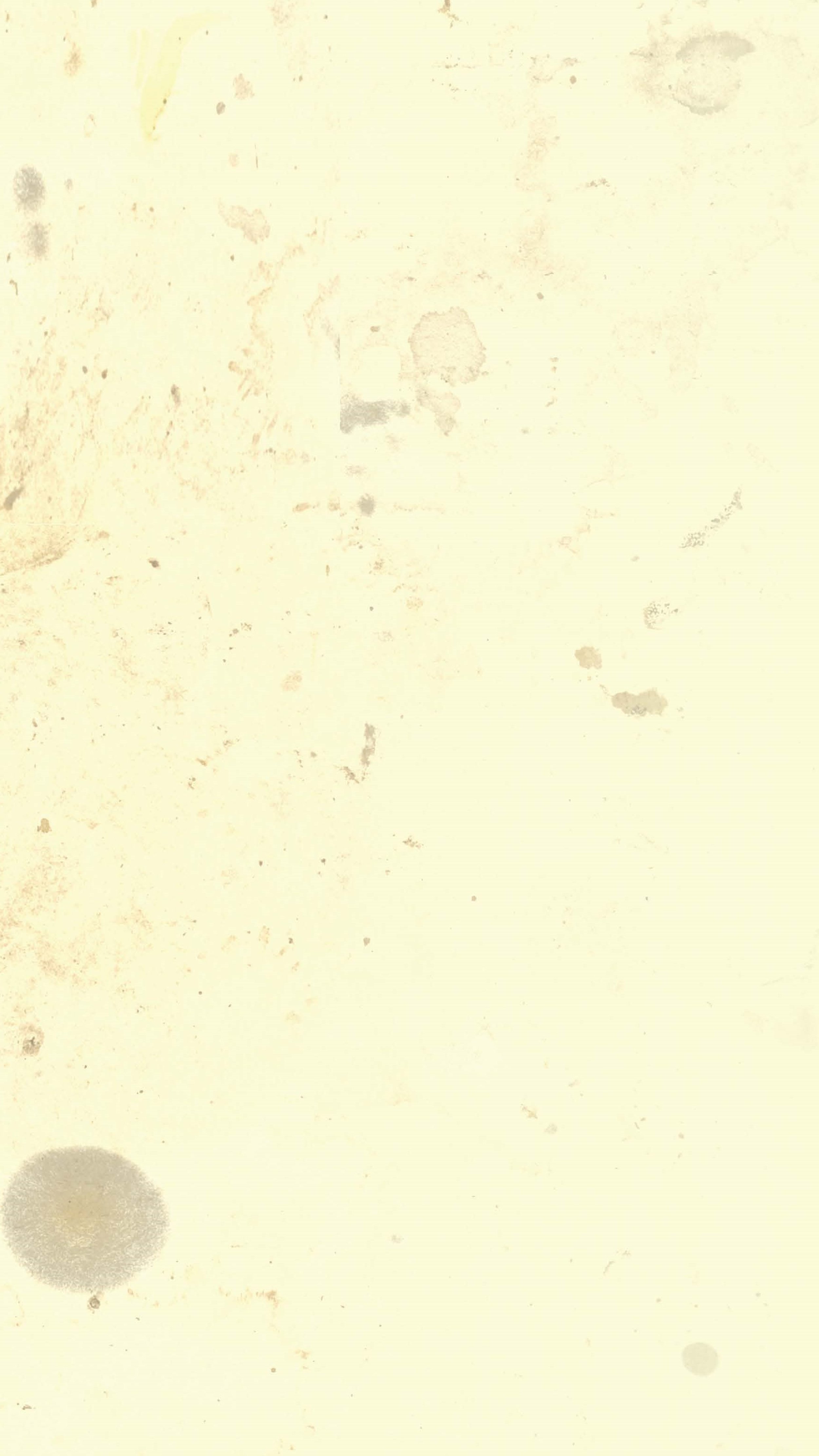
PEA SOUP
My aunt often cooked pea soup, which her late husband used to love to eat. Nowadays, when she finished preparing it, she would always fill up a bowl and place it on the windowsill. At night, her deceased husband would come and eat up the soup.
I was always fascinated by how clean the bowl was when I saw it in the morning. Because everybody knows that it’s impossible to finish a bowl of pea soup without leaving behind a yellow film. Unless . . . unless, of course, he licked it clean.
And although I was not especially fond of peas in general, just the fact that someone would lick the bowl clean after eating it enchanted me for some strange reason. I, too, wanted to lick the bowl after eating the soup.
When my aunt became aware of this, she dropped her washcloth and, for a moment, gave me a frightened stare. Maybe she had imagined that the spirit of her late husband had entered my body. But when my aunt looked into my eyes, she saw nothing strange, just the clever eyes of a young hooligan looking up at her, and she was able to calm down.
Nonetheless, the pea soup continued to intrigue me—and it dawned on me that there must be something beyond taste that would drive my deceased uncle to lick the bowl clean.
From that day on, I began to gaze much more attentively at its murky, yellow waters, in which finely chopped carrots and onions would swim. And when my aunt would pour a handful of golden croutons into the soup, they would make it even cloudier, and a pale, yellow slime would begin rising from the bottom.
One day, I realized that strange creatures lived at the bottom of the pea soup, who, just at first glance, looked like minced dill weed—thin, branchy, and akin to people, with arms, legs and something resembling a head. These tiny, green dill weeds submerged and then resurfaced, swimming and overtaking one another as part of some kind of race. When I gathered a spoonful of the soup, the tiny dill weeds, as if they had been scalded, shot down to the very bottom, and settled in the slime like a school of fish. But not all of them were able to rescue themselves, not all. Those that ended up in my mouth struggled in despair—I could feel them bustling, tickling my palate and tongue.
At one particular moment, I swish about the pea soup, together with all of its inhabitants, in my mouth, delighted at my absolute supremacy, tossing the despair of the poor little dill weeds against my palate with my tongue and then, finally, I swallow, feeling the pea soup stream down in a hot waterfall and hearing the screams of these strange creatures.
Spoonful after spoonful, I pour their fatherland—all of them together with the graves of their ancestors—into me.
Everything disappears in my mouth—all of their dreams and imagination, all of their hopes for a better life, all of their plans and intentions . . . It’s the death of their civilization—a civilization that hasn’t yet had the chance to fully blossom.
Pea soup is not a suitable place to live, but the tiny dill weeds don’t understand this, and choose it time and time again.
Translated by Mark Andryczyk
